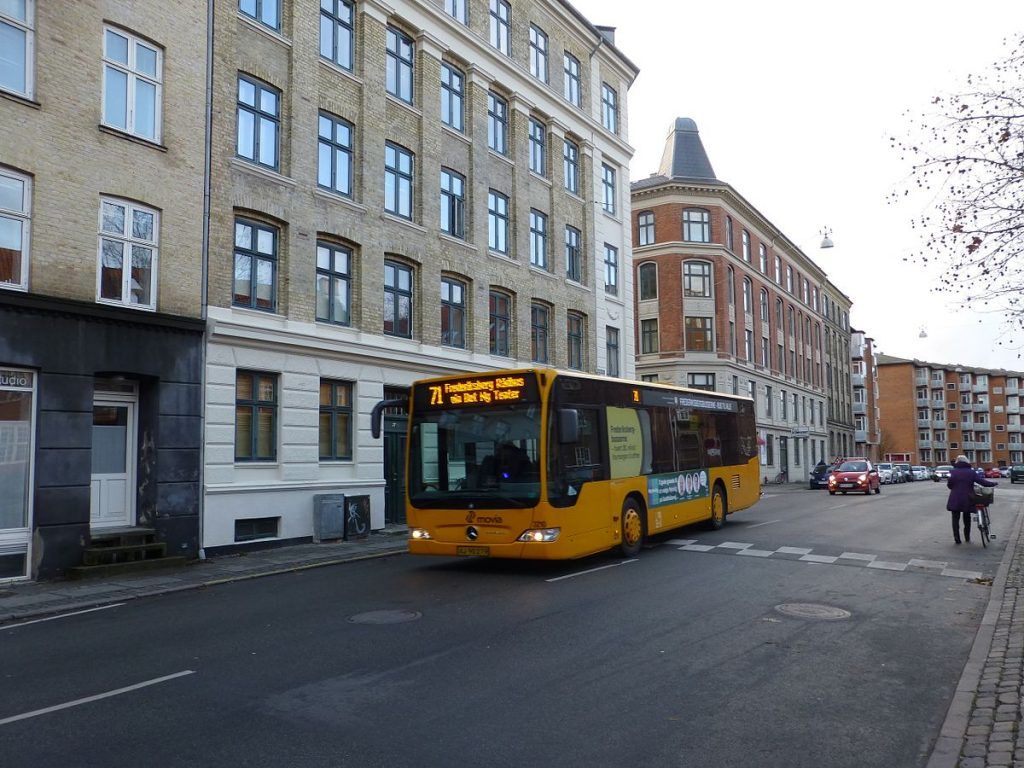Anyone taking a stroll down Howitzvej in the enclave of Frederiksberg would be forgiven for thinking it is just another tranquil street in the Danish capital.
Today this part of Frederiksberg is heavily built-up and densely populated, but in the late 19th century it resembled a suburban village, with open fields and some sparse woodland between the few buildings.
On a cold winter morning in 1889, however, the street became the subject of such notoriety that the local authorities were forced to change its name from Lampevej due to an infamous slaying.
Grisly murder
The tranquillity was shattered when workers on their way to their morning shift at the local fortification factory made a gruesome discovery. Lying face down in the snow was the mutilated body of what was, according to the witnesses, barely recognisable as a man. The sight caused many of the workers to recoil in horror.
The victim had a gaping wound on the back of his head, out of which blood and brain tissue were seeping onto the snow. The attack was so vicious that his skull had been smashed into 25 pieces. Some of the workers recognised the man as a known face from the various bars and cafes of the area, and he was soon identified as 45-year-old Vanløse carpenter Carl Sørensen.
The police were baffled. There were no footprints in the snow, and no other obvious clues leading to the perpetrator. One thing they did ascertain, however, was that the man had been the victim of theft.
It was established that he had 2,800 kroner in cash at the time of his death – a large amount of money at the time, which he had been planning to spend on buying a piece of land.
Many witnesses came forward to say he had been drinking heavily in one particular bar, Pariserhallen, on the night of his demise.
Schick to the story
Further appeals to the public drew a blank, until a lamp-lighter recalled he had seen a carriage driven down Lampevej on the night of the murder. According to the witness, the shadowy figure who was seen disembarking from the vehicle very much resembled a publican, Carl Schick, who was known to the police as a man with previous.
Schick was a landlord of the Cafe de American bar on nearby Gammel Kongvej where he lived with his son and daughter. After putting the publican under observation, detectives discovered that his son often drove him around in a carriage. Further inquiries led the police to discovering that the publican had recently paid off many outstanding debts.
The fact that Schick was a suspect in a notorious case became well known, and the publican became something of a celebrity as customers flocked to his bar. Despite Schick continuously denying any involvement, one of the patrons’ favourite pastimes became the open discussion of whether their host was, indeed, the perpetrator of the most brutal of crimes.
Police also arrested a number of people handling 500 kroner notes, but all were able to provide a plausible explanation for their wealth.
How’z that name
Sørensen’s murder was never cleared up, and Lampevej became such a notorious street name that nobody wanted to live or do business there. The then Frederiksberg Town Hall was situated at the junction of Lampevej and Falkoner Alle, and in 1891, Frederiksberg Municipality decided that Lampevej should be renamed. They chose to call it Howitzvej in recognition of Scandinavia’s first gynecologist, Franz Johannes August Carl Howitz, who had opened his pioneering clinic at number 14 on the street.
The building had cost Howitz 2,000 kroner including all his fittings. However, because of the bad publicity surrounding the address, he felt obliged to take his business elsewhere and – after first unsuccessfully lobbying the municipality for more than a year to change the street name – eventually placed his property on the market for just 850 kroner.
In what seems now to be a rather cynical move, the municipality took advantage of this fortuitous drop in real estate values and bought the clinic from Howitz for the town – before changing the street’s name!












